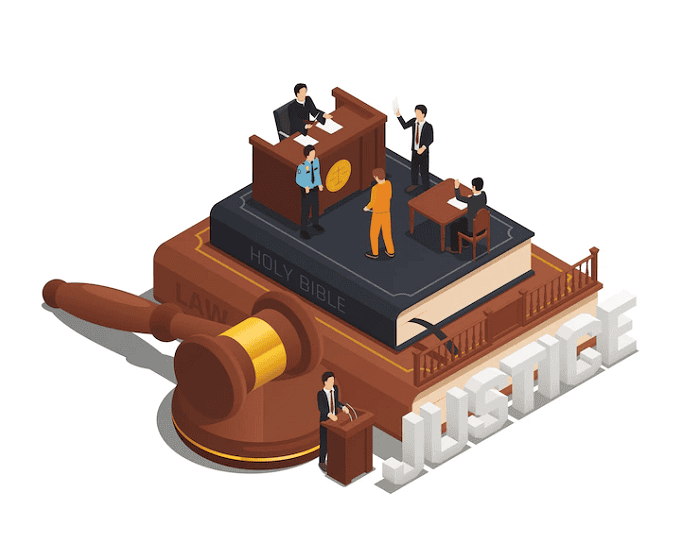
I’m going to start this article with a word that my fellow millennials will be all too familiar with, Uber. Believe it or not, Uber was founded just six years ago, but it’s already one of the fastest growing companies in the world. The peaks really do come with the plummets though, and the Uber sensation hasn’t always been an easy ride, especially not for those behind the wheel. It was only last year that the company faced the Court of Appeal (UK) in a landmark case which could set a precedent for millions of workers in the gig economy.
So, What Is The Gig Economy?

In short, the gig economy is a working pattern for individuals who hold self-employment status and pick up ‘gigs’ or a string of one off and short-term jobs, then receive payment for their services. Putting that into perspective, the Uber driver works for themselves (control) with this own car and insurance (materials) and pays their own taxes (PAYE). The driver therefore runs their business and takes responsibility for its success or failure. This working style is becoming increasingly common in many types of profession, even the industry of legal professionals.
Sounds Good, Right?
Many of the benefits to workers are clear. They include flexible schedules, the ability to work remotely, even the opportunity to select projects that interest them. It is thanks to technologies like ‘the cloud’, that allow us to work from wherever we are, reducing the need for people to attend the same office space at prescribed hours to do work assigned to them by someone else. Quite naturally, if this was the end of the article, I am sure people all over the world would be considering making the leap to this way of working, but with the highs come the lows.
What’s The Catch?
As an aspiring lawyer, someone who is trying to think with a balanced mind, you will no doubt be thinking “sure, that sounds great but there is a gap in that model” and you’d be right. The gig economy, for the most part, grants the worker self-employment status, and as self-employment status comes through the door, employment rights make their way right out of it.
Are The Risks Being Managed?
Simply put, self-employment or worker status does come with reduced employment rights. Redundancy pay, sick pay and holiday pay are reserved for those with full employment status. In an attempt to remedy this issue, the government assigned Matthew Taylor, together with other specialists in the field, to develop proposals in the employment rights for U.K. Citizens in what would become known as Good Work: The Taylor Review of Modern Working Practices.
The aim of the review is based on a single overriding ambition: all work in the UK economy should be fair and decent with realistic scope for development and fulfilment. The Taylor Review’s solution was to alter the third employment category of worker, changing it to ‘dependent contractor’. As the Good Work report stated: “Government should retain the current three-tier approach to employment status as it remains relevant in the modern labour market but rename as ‘dependent contractors’ the category of people who are eligible for worker rights but who are not employees.”
How Might This Affect My Career In The Legal Industry?

Making the connection between how people want to work, and the acceptance and utilisation of technology is key. Legal businesses cannot be wedded to service-based practices if they want to move to this model. The truth is, there is a whole generation of lawyers who have not married the two.
The gig economy provides an environment where legal professionals can tap into all the resources they need for their businesses, to ensure they are agile and flexible enough for both themselves and the businesses they service. The advantage for lawyers is they can work flexibly, avoid the legal profession’s long hours culture, choose how much attention they pay to marketing versus fee-earning, and keep a higher percentage of the fees they charge. It’s a model well-suited to parents or those who don’t want to commute.
Until now, gig-economy companies have been quite resistant to change. Their business model is often based on offering a technology service (usually an app) that connects customers with people who can do the job. This is especially the case for Uber, which for years presented itself as a digital company and not a transport one.
Thanks to the increased rights that have developed from the Taylor Review, millions of flexible workers will receive new rights under major government reforms, as the UK becomes one of the first countries to address the challenges of the changing world of work in the modern economy.
More Changes Ahead

Jon Cartwright, partner at Hazlewoods, said: ‘The continued growth of platform law firms reflects the enthusiasm in the legal sector to adapt to new ways of working. It is also part of broader trend among lawyers to be more entrepreneurial, to strike out on their own. Some because they want to do things their way, some because they feel big law firms involve too much politics, and others because they feel they are not getting enough out of the fees they earn.’
New agile working trends are changing the face of the legal profession and technology is the key enabler. The growth of platform law firms is part of a growing trend for lawyers to work outside of the traditional law firm structure allowing them to take more control of how they work and to be more entrepreneurial. Platform law firms offer the option of working ‘flexi-time’, avoiding the long hours culture of the legal profession and of allowing the lawyer to keep a higher percentage of the fees they charge. Lawyers at these firms are self-employed, work remotely and use a back office and other shared services such as accounting, IT, marketing and compliance provided by a central hub. Some commentators describe it as part of the gig economy. The self-employed business model enables lawyers to choose when they work and how much attention they pay to marketing versus fee-earning. Having lawyers working remotely means platform law firms often have fewer overhead costs on rent and on-site IT staff for example.
READ MORE: The Back Office Of The Future
Points To Remember
Aspiring lawyers, it is 2019 and we are already seeing a rise in platform law firms and remote working relationships for lawyers. Virtual courts and subscription based legal advice is a reality now. The chance of you having to attend a big city law firm sporting your best business attire is now a thinning prospect. The big city law firms are very much still there (and still fascinating), but even those businesses are advancing flexible working agreements with their employees and it is more unlikely that you will see the same partner sat in the same seat every day.
As a trainee however, it is also unlikely that flexible working in the gig economy will become your immediate reality. Firms and chambers utilise training contracts and pupillages to gage an understanding of their trainees and to assess the likelihood of a continued career. To do that, they have to see you in action. It is when your business cards transition from trainee/pupil to solicitor/barrister that you will see the gig economy impact on your career.
The best take away piece of advice I can give you in this scenario is to be aware of the gig economy and its ever growing impact on the legal industry. It WILL change the way we work and deliver legal services.

Terri Schofield is a first year LLM with LPC student at BPP, Manchester. Alongside completing her post graduate studies, Terri works full time at DWF Law as an Employment Law Legal Adviser. Terri also sits as the UK Chair of DWF OutFront, their LGBT+ Network, where she is proactive in increasing visibility and sourcing opportunities for DWF’s LGBT+ employees.
This article does not constitute legal advice
The opinions expressed in the column above represent the author’s own.
Start managing your legal needs with Zegal today
READ MORE FROM TERRI SCHOFIELD: A Letter To An Aspiring Lawyer From An Aspiring Lawyer
READ MORE: CFO Redefined In The Gig Economy






